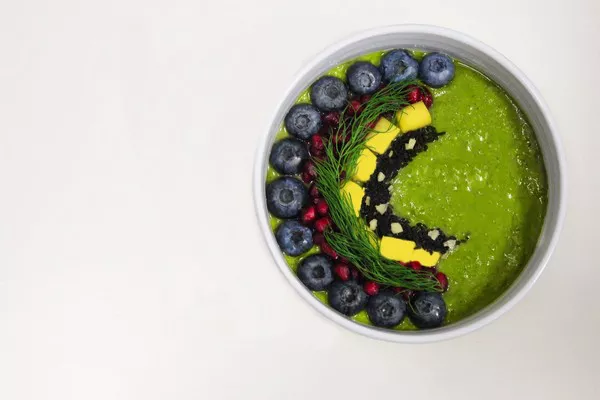Allergy cough is a common symptom of allergies, and it can be caused by a variety of allergens, including pollen, dust mites, and pet dander. If you are experiencing an allergy cough, your healthcare provider may recommend a cough syrup to help relieve your symptoms. In this article, we will explore some of the best cough syrups for allergy cough.
Antihistamine Cough Syrups
Antihistamine cough syrups are a common treatment for allergy cough. These syrups contain antihistamines, which can help to reduce inflammation in the airways and relieve coughing.
One of the most popular antihistamine cough syrups is Benadryl. This syrup contains diphenhydramine, which is a first-generation antihistamine. Other antihistamine cough syrups include Chlor-Trimeton and Tavist.
While antihistamine cough syrups can be effective for relieving allergy cough, they can also cause drowsiness and other side effects. It is important to talk to your healthcare provider before taking an antihistamine cough syrup, especially if you are taking other medications.
Decongestant Cough Syrups
Decongestant cough syrups are another common treatment for allergy cough. These syrups contain decongestants, which can help to reduce congestion in the airways and relieve coughing.
One of the most popular decongestant cough syrups is Sudafed. This syrup contains pseudoephedrine, which is a nasal decongestant. Other decongestant cough syrups include Robitussin and Mucinex.
While decongestant cough syrups can be effective for relieving allergy cough, they can also cause side effects, such as dizziness and nervousness. It is important to talk to your healthcare provider before taking a decongestant cough syrup, especially if you have high blood pressure or other medical conditions.
Cough Suppressant Syrups
Cough suppressant syrups are another option for treating allergy cough. These syrups contain cough suppressants, which can help to reduce the urge to cough.
One of the most popular cough suppressant syrups is Delsym. This syrup contains dextromethorphan, which is a common cough suppressant. Other cough suppressant syrups include Robitussin DM and Vicks 44.
While cough suppressant syrups can be effective for relieving allergy cough, they can also cause side effects, such as drowsiness and constipation. It is important to talk to your healthcare provider before taking a cough suppressant syrup, especially if you are taking other medications.
Herbal Cough Syrups
Herbal cough syrups are a natural alternative to traditional cough syrups. These syrups contain herbs and other natural ingredients that can help to soothe the throat and relieve coughing.
One of the most popular herbal cough syrups is Zarbee’s Naturals. This syrup contains honey and other natural ingredients, and it is free from artificial colors and flavors. Other herbal cough syrups include Boiron Chestal and Maty’s All Natural Cough Syrup.
While herbal cough syrups can be effective for relieving allergy cough, it is important to talk to your healthcare provider before taking one, especially if you have any allergies or medical conditions.
Combination Cough Syrups
Combination cough syrups are another option for treating allergy cough. These syrups contain a combination of ingredients, such as antihistamines, decongestants, and cough suppressants, to provide relief from multiple symptoms.
One of the most popular combination cough syrups is NyQuil. This syrup contains a combination of acetaminophen, dextromethorphan, and doxylamine, which can help to relieve coughing, reduce fever, and promote sleep. Other combination cough syrups include Tylenol Cold + Flu and Alka-Seltzer Plus Cold & Cough.
While combination cough syrups can be effective for relieving allergy cough, it is important to talk to your healthcare provider before taking one, especially if you are taking other medications.
Conclusion
Allergy cough can be a frustrating symptom of allergies, but there are a variety of cough syrups that can help to relieve your symptoms. Antihistamine cough syrups, decongestant cough syrups, cough suppressant syrups, herbal cough syrups, and combination cough syrups are all effective options for treating allergy cough.
The specific syrup or syrups that are recommended for you will depend on the nature and severity of your symptoms, as well as your individual medical history. Your healthcare provider can help you understand the potential risks and benefits of each syrup, and can help you make an informed decision about which syrup or syrups are best suited for your individual needs.
[inline_related_posts title=”You Might Be Interested In” title_align=”left” style=”list” number=”6″ align=”none” ids=”4085,4083,4041″ by=”categories” orderby=”rand” order=”DESC” hide_thumb=”no” thumb_right=”no” views=”no” date=”yes” grid_columns=”2″ post_type=”” tax=””]



































